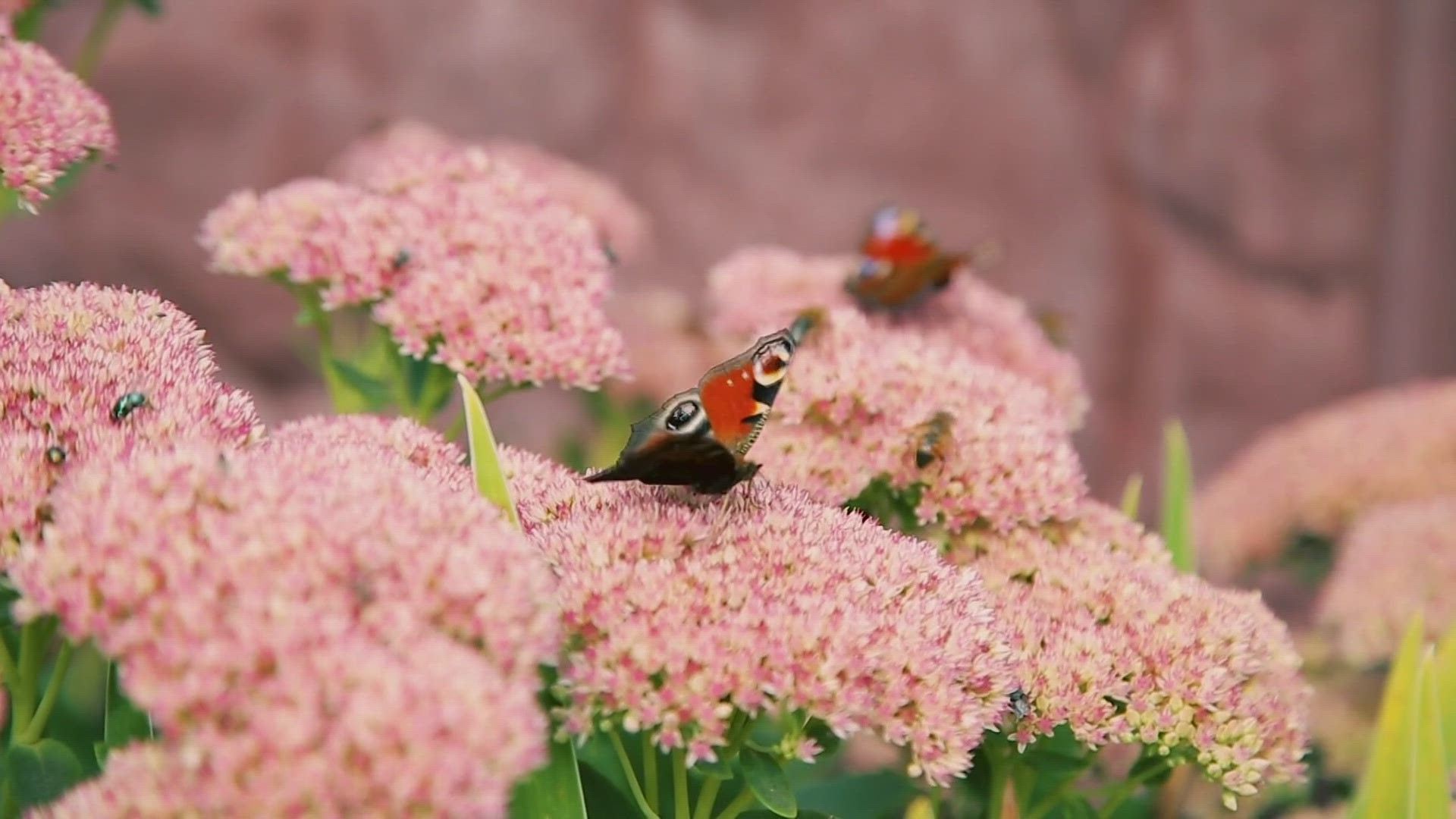JACKSONVILLE, Fla. — Ah, springtime. The bees are buzzing, the flowers are blooming and people are sneezing.
This time of year, insects are usually hard at work pollinating plants and flowers. But the weather can make their job difficult.
“You’ll notice in warm years, flowers open earlier; in cool years, flowers open later, and sometimes what can happen is you have a timing mismatch," explained Rachel Mallinger, a pollinator ecologist from the University of Florida. "So the flowers aren’t opening when the insects are active.”
The warm and dry winters of La Nina can make flowers bloom too early.
“We didn’t have as many wild pollinators at that time," said Mallinger. "It was also hard for the farmers to get honeybees on time. They’re used to bringing in their honeybees at a certain date. When things flower early, they have to scramble to get those honeybees.”
But El Nino winters, like our past one, aren’t the perfect conditions, either.
“This past winter was quite wet, relatively cool. In some cases, we had a lot of flooding, and that probably reduced the number of plants and flowers that are available to pollinators," said Mallinger.
While the average person suffering from allergies may not consider less pollination a bad thing, insect pollination is actually mainly beneficial to humans. Not only do almost 80% of our food crops and plant-based industrial products require pollinators, but those pollinators aren’t to be blamed for our sniffling and sneezing.
“Other plants produce pollen that is transported by wind, so they’re wind-pollinated. Those tend to be the ones we’re more allergic to," said Mallinger.
To help the pollinating insects, you can plant native flowers like the scarlet sage or beach sunflower.

